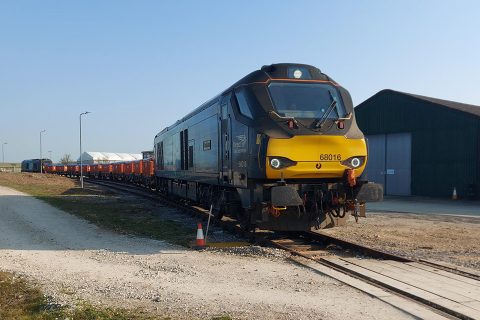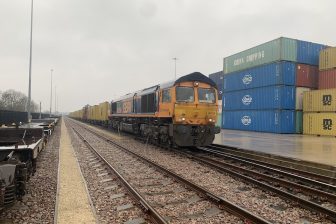
UK specialists beat the drum for nunclear disposal project
Nuclear Transport Solutions, the specialist rail freight operator, says its project to dispose of more than 1,000 stainless steel waste drums has successfully completed its initial rail transfer. The operator, which is the parent of Direct Rail Services, has been working on a contract to dispose of more than 1,000 stainless steel drums of waste at Nuclear Waste Services’ Low Level Waste Repository site from the Winfrith Magnox Reactor site in Dorset, south-west England.
Do you want to read the full article?
Thank you for visiting RailFreight.com. Become a member of RailFreight Premium and get full access to all our premium content.
Are you already a member?
Having problems logging in? Call +31(0)10 280 1000 or send an email to customerdesk@promedia.nl.




